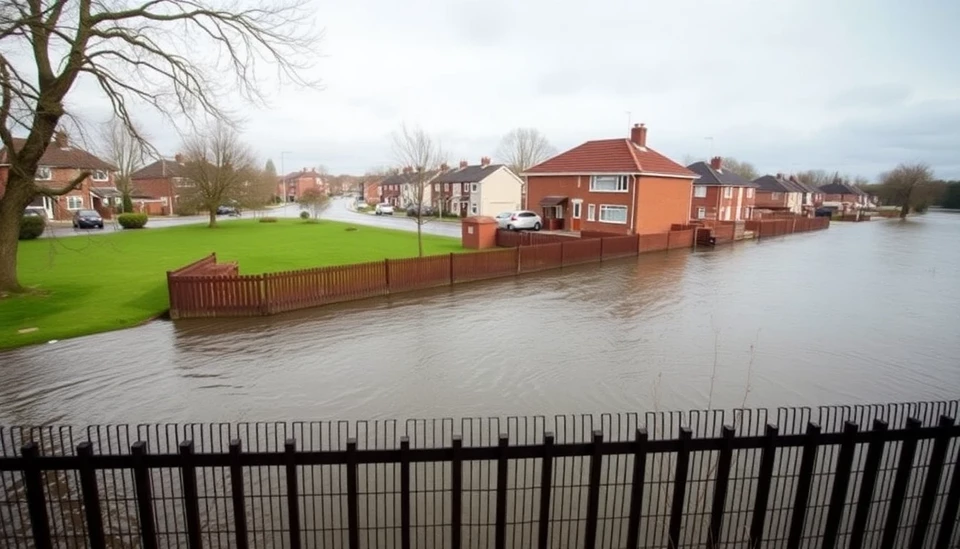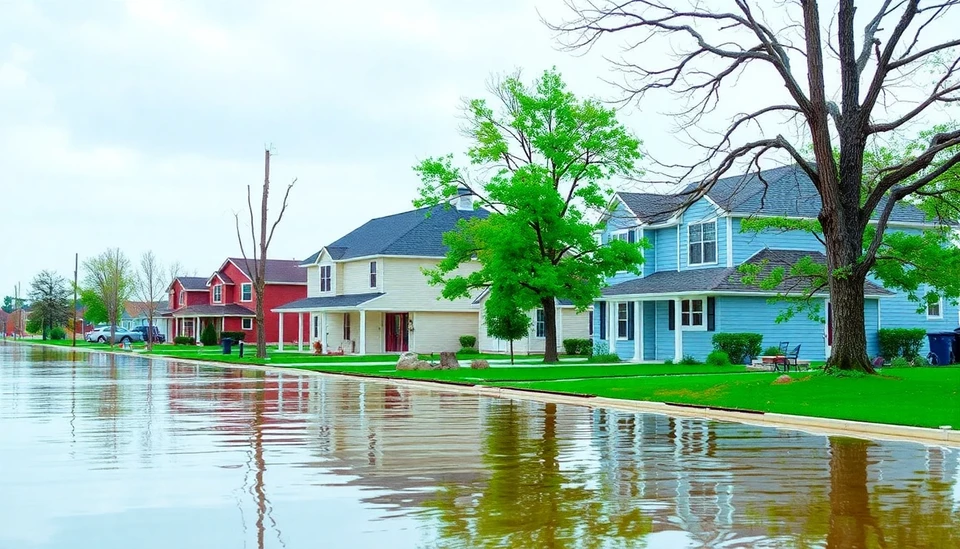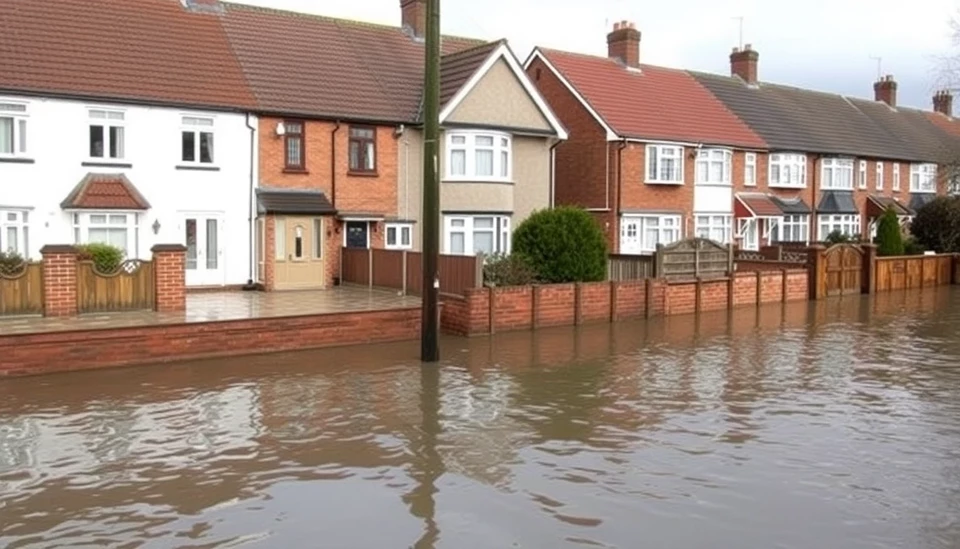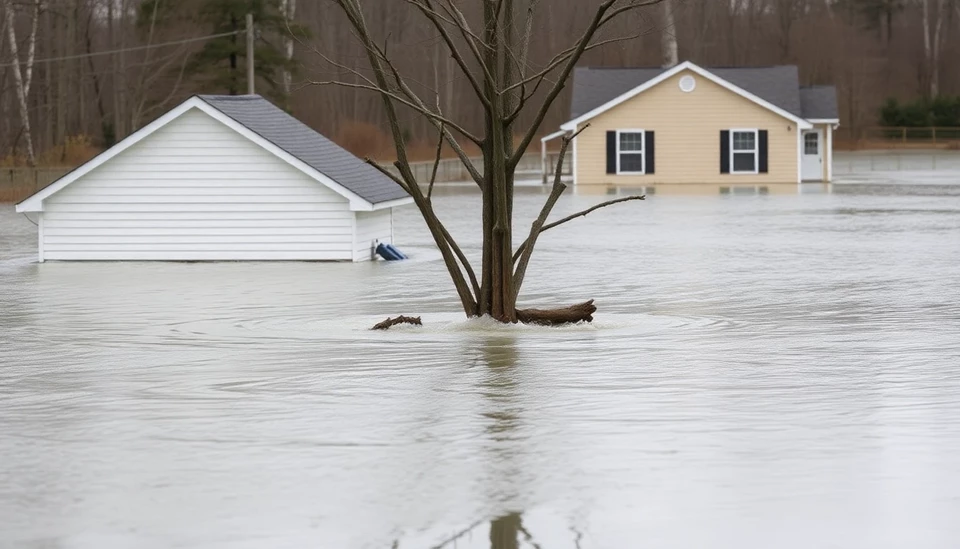
The United Kingdom is on the brink of a significant crisis concerning flood insurance, as the country gears up for the highly anticipated 2024 flooding season. With climate change escalating the frequency and severity of extreme weather events, concerns are mounting among homeowners and insurers alike regarding the financial viability of flood insurance in the region. As global temperatures continue to rise, the nation is left grappling with the daunting prospect of ensuring appropriate protection for residents against devastating flood damage.
Insurers, particularly in the region's high-risk areas, are increasingly hesitant to provide coverage as the threat of severe flooding looms larger. The 2024 predictions show an alarming increase in the likelihood of floods that could lead to substantial property damage and losses, leaving many homeowners feeling vulnerable and unprotected. This situation poses a significant challenge not just for those in affected areas but for the entire insurance industry in the UK.
As claims from previous severe weather events have begun to pile up, many companies are reevaluating their strategies moving forward. Insurers are facing pressure to balance the risk of financial losses with the need to provide adequate coverage to homeowners, leading to an industry-wide reconsideration of flood insurance policies. The challenge lies in accurately assessing risk and setting appropriate premiums without pricing enough consumers out of the market or leading them to rely on government intervention.
The uncertainty surrounding flood risk has become a critical issue that transcends local homeowners and impacts the broader economic ecosystem. Property values in affected areas could plummet due to decreasing insurability, resulting in a ripple effect on the UK’s housing market. Moreover, the growing trend of local authorities also facing budget constraints in improving flood defenses adds yet another layer of complexity to this already precarious situation.
It's essential for consumers to stay informed as discussions intensify about potential regulatory changes and reinsurance initiatives aimed at addressing these challenges. With the specter of climate change looming over policies, the insurance marketplace must prioritize sustainable solutions and adaptive strategies to protect both consumers and insurers alike.
As the situation evolves, addressing the fallout from potential flooding will require collaboration between the government, private insurers, and local communities. Their collective efforts will be key to developing resilient infrastructure and fostering a sustainable insurance model that can withstand the insistent pressures arising from climate change.
The road ahead for flood insurance in the UK is fraught with challenges, but also opportunities for innovation and meaningful change. Stakeholders must come together to develop adaptive strategies that not only safeguard homeowners’ interests but also stabilize the insurance market as a whole—a task that becomes increasingly urgent as the impacts of climate change escalate.
With the economic implications of flooding set to rise and the stakes getting higher, the situation bears close monitoring. Homeowners are advised to explore their insurance options and stay abreast of any changes in policy landscapes as they prepare for the looming threats posed by nature. The urgency of the issue cannot be overstated, as the 2024 flooding season approaches with a sense of uncertainty around adequate protection for UK residents.
In conclusion, as the UK faces this impending crisis, it becomes abundantly clear that a concerted and collaborative effort is essential to navigate the turbulent waters of climate change and its impacts on flood insurance. The decisions made now will shape the future resilience of not just the insurance industry, but the nation’s commitment to protecting its citizens from the effects of an unpredictable climate.
#FloodInsurance #UKFloods #ClimateChange #InsuranceCrisis #HomeownerProtection #ReInsurance #2024FloodSeason #PropertyValue #SustainableInsurance #AdaptationStrategies
Author: Sophie Bennett




